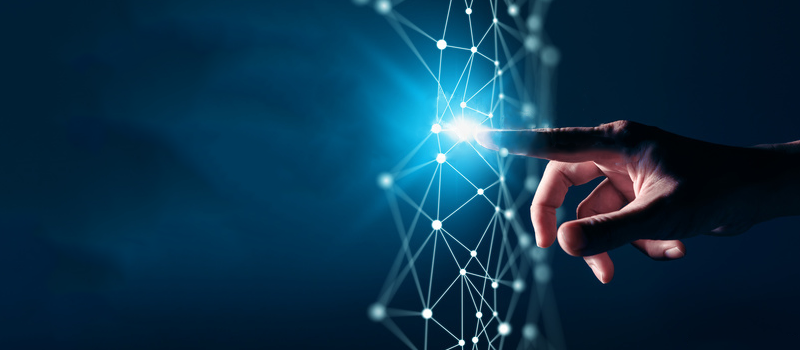

Chief Financial Officer and Co-founder, DRFortress LLC
Data center operators are no stranger to disaster planning. It’s a core part of our business. But of all the disaster contingencies our clients anticipated, the COVID-19 pandemic was pretty far down on the list.
In this post, I’ll highlight how the COVID-19 pandemic has affected how we work with clients and each other. I’m hoping that others can learn from our experience, and that together, we can all come out of this a little stronger than before.
Going Against the Grain
A typical data center is very capital-intensive, utilizing millions of dollars of back-up power generation equipment and maintained by a highly-skilled operations team. As DRFortress is deemed an essential telecommunications provider, we have been able to maintain our 24/7 on-site security and operations team. However, our sales, finance, and administrative staff have all shifted to a work from home schedule, and we were fortunate to have our network connectivity and cloud-based remote work capabilities already in place to make this a seamless transition.
It’s our customer interactions that have changed the most. A majority of our facility is normally open to customers 24/7, but we’ve had to temporarily shut down conference rooms for non-emergency meetings. We’ve also shut down our coffee and snack bar, and customer lounges. In other words, while we’re happy to allow our customers to visit their servers, in keeping with the spirit of “flattening the curve,” we’re not encouraging them to linger.
We also provide temporary workgroup space for disaster recovery. Normally, this space might be used by one of our clients after encountering an emergency event impacting their building or network. However, since the onset of COVID-19, I’ve had more clients contact me about using our disaster recovery space for one or two essential employees that can’t work from home.
In normal times, we have multiple customer areas that can serve more than 80 people. That includes the kiosk we donate/reserve as backup space for City and County Emergency Management Services. Unfortunately, with the social distancing guidelines, this number is greatly reduced and we can only provide such space for clients with urgent requirements. At this point, we don’t see the need to build more disaster recovery office space. However, future COVID-19 flare-ups may require businesses to occasionally close their doors and we need to be ready to provide immediate assistance to our customers.
Going Forward
After the stay-at-home mandates subside, I think many people will have grown accustomed to working from home. Many employers who once had reservations to allow it, will have had the opportunity to see that productivity hasn’t dropped, and in some cases, it may have actually improved. They’ll start questioning why they’re renting office space for a small staff when employees could work from home just as efficiently.
Even in the pursuit of cutting costs and increasing efficiency in the here and now, we can’t lose sight of the need for employees to stay connected. It was easy for us to move our weekly all-hands meeting to Zoom. However, we’ve also added group and individual check-ins to give our staff a chance to “check-in” with the rest of the DRFortress team and let everyone know how they’re doing and if they need help with anything. More than once, we’ve had employees volunteer to perform personal tasks, like a Costco food run, to share supplies, or even make masks for their teammates.
Before COVID-19, we reserved time on the first Friday of every month for a fun team-building event. We might go bowling together or hold a lunch-n-learn to celebrate the completion of a project. In April, we’d planned to see a James Bond movie. Instead, we held our “First Friday” event on Zoom and played a game of Kahoot! with a James Bond trivia theme.
At the end of the day, our goal is to make sure none of our employees feel disconnected. In our business, working as a team is critical and ensures safety. We can’t have this situation or anything else break down our communication and trust in each other. Some might feel we’re overdoing it, but it’s vital for us to invest in our employees’ well-being and continue our team-building efforts.
A Sense of Gratitude
Finally, having a sense of gratitude makes everything easier and the COVID-19 pandemic is no exception. In addition to being incredibly grateful for our team members and customers, I’m also grateful this crisis didn’t hit us 10-20 years ago. Without the cloud software solutions and sophisticated Internet connectivity that exist today, most businesses could have come to a grinding halt. My hope is that we all, as businesses, states, and countries will learn from this event, and that with the actions we take now, such as increasing our IT infrastructure and capabilities, will see us better prepared in the unfortunate situation where we have to do this again.




